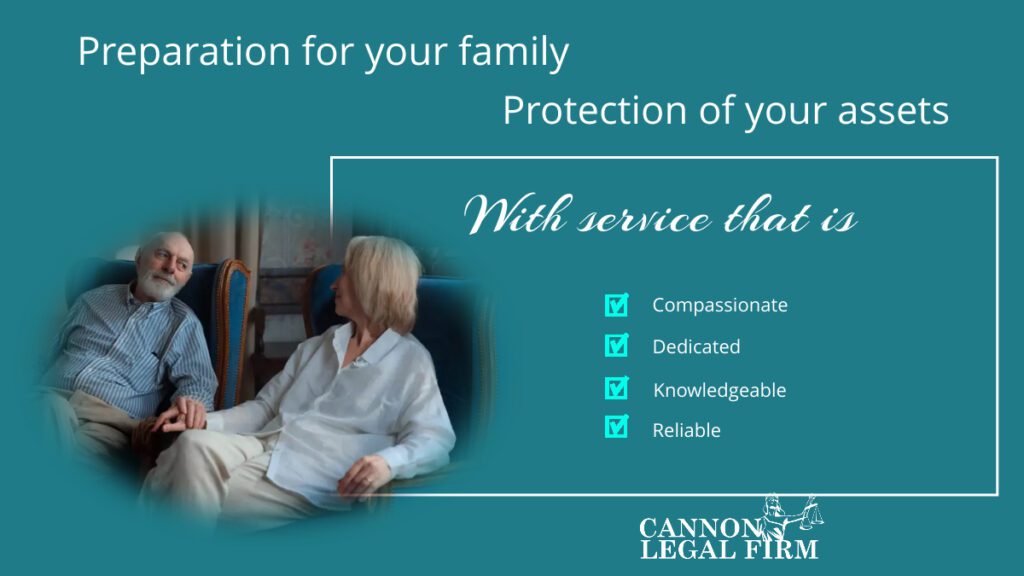
5 Things An Executor Should Do After Someone Dies
Your brother told you that you are named in his Will as the Executor of his estate. He did so because he trusts in your judgment on family and financial matters. Your brother has now passed away, and you’re wondering where to begin. As a California Estate Planning and Probate Firm, we put together a to-do list of what you should do within the first week of someone’s death.
1. Handle the Care of Dependents and Pets, if Any
If the descendent (the person who passed away) has made arrangements for the care of children or a spouse, you may need to ensure they have a place to reside if they can no longer live in the descendant’s home. Often, Descendants may have overlooked the care of a pet, so it also is important to check on the pet immediately. Dependant and pet care expenses can be paid by estates, so it is important to keep a record of expenditures.
2. Make Necessary Funeral Arrangements
Communicate with the funeral home to ensure proper instructions are carried through. Make sure the wishes of the deceased are carried out.
3. Get a Copy of their Death Certificate
As an estate executor, your first responsibility is to get copies of their death certificate. Funeral homes provide these, and you can even ask for several copies. The death certificate will be needed for filing tax returns, and insurance claims, getting access to financial accounts and notifying organizations of death.
4. Identify, Locate, and Manage Distribution of Assets
You are the executor, and you are responsible for controlling all of the assets throughout the complete estate settlement process. You will need to be available, and able to make decisions to determine which assets are distributed to whom. If there is a will available, you will be accountable for communicating with the beneficiaries included in the will and informing them that they will receive an inheritance. You also must ensure they receive their rightful assets. State law will determine how the assets get distributed if there is no written will.
5. File the Will in Probate Court
Most states require you to file the will in probate court If there is a will. In some cases, probate is not needed, and assets can be passed along to heirs without the probate court process.
There are other necessary obligations that need to be done of course: Filing a tax return from the period of the first date of the tax year, through the death date. Setting up an estate account, which will possess all financial assets that are owed such as paychecks, Medicare, or Social Security (all should be notified of the death, and you may need to provide a death certificate for account closure). You may also be in charge of ensuring ongoing debts and expenses get paid until the estate is settled. Debts need to be paid before asset disbursement to heirs.
This entire process of being an executor can be frustrating, time-consuming, and demanding. Be prepared. We understand that you may be overwhelmed and grieving from the loss of a loved one. Let us carry some of your burden for you as you grieve. Cannon Legal Firm has helped countless executors get through this process as comfortably as possible.
You should also use this situation to start thinking about caring for and protecting your own legacy with an estate plan. Contact Cannon Legal Firm to find out how to get started on your own estate plan.

I understand that Legal matters can be confusing.
Schedule a Free Consultation to learn how I can help you feel more confident in the legal process.
Disclosure: The answers contained herein are general responses. They are not legal advice and do not constitute the creation of an attorney-client relationship.

